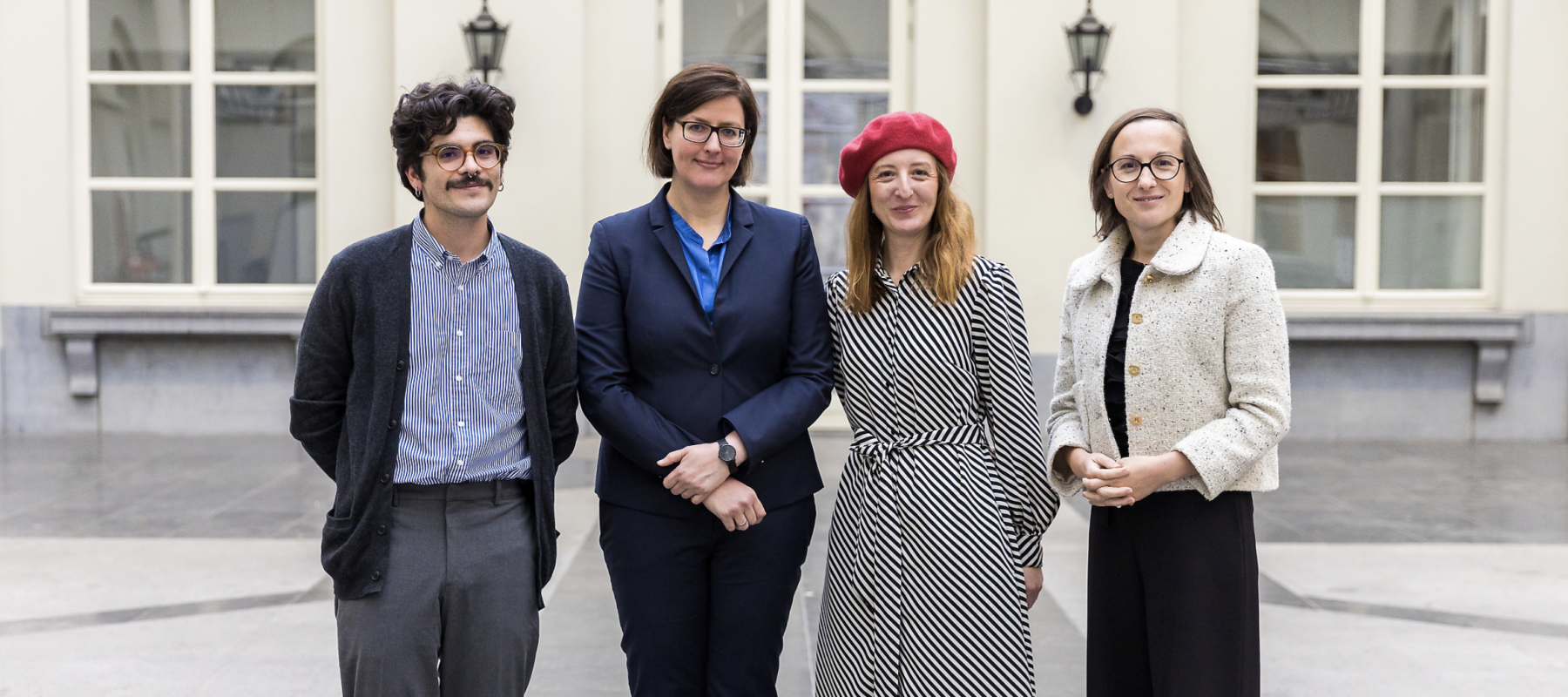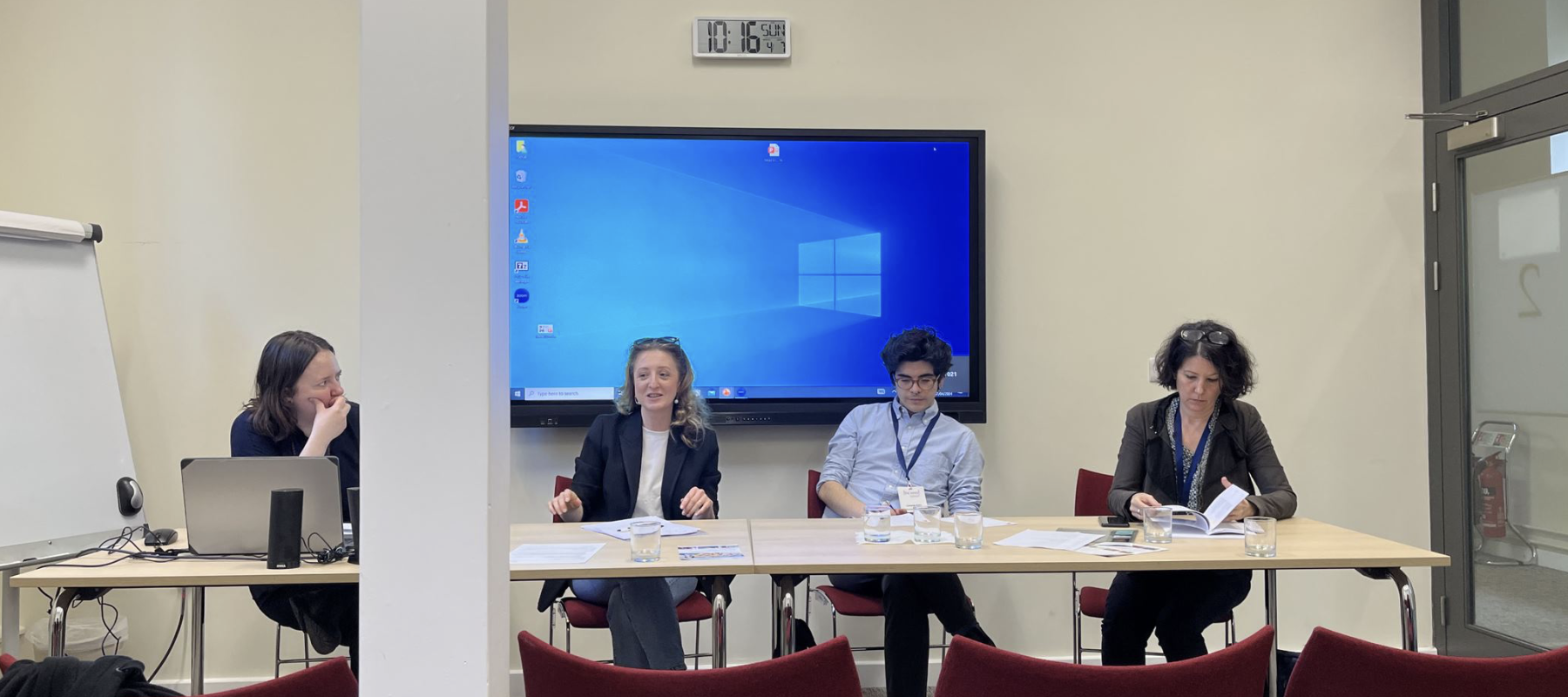The project has now come to an end, culminating in a fantastic conference at the Université libre de Bruxelles. It was an inspiring few days of rich debate, powerful testimonies, and new connections - we were thrilled to welcome judges, scholars, and practitioners from across Europe. We also celebrated the soft launch of Ramona Coman’s new book on judicial activism and democratic dissensus.
This website will remain live so please watch this space as we will be announcing forthcoming publications arising from the project here.
We are very grateful to the British Academy whose Knowledge Frontiers Symposia Follow-on Funding enabled this project.












